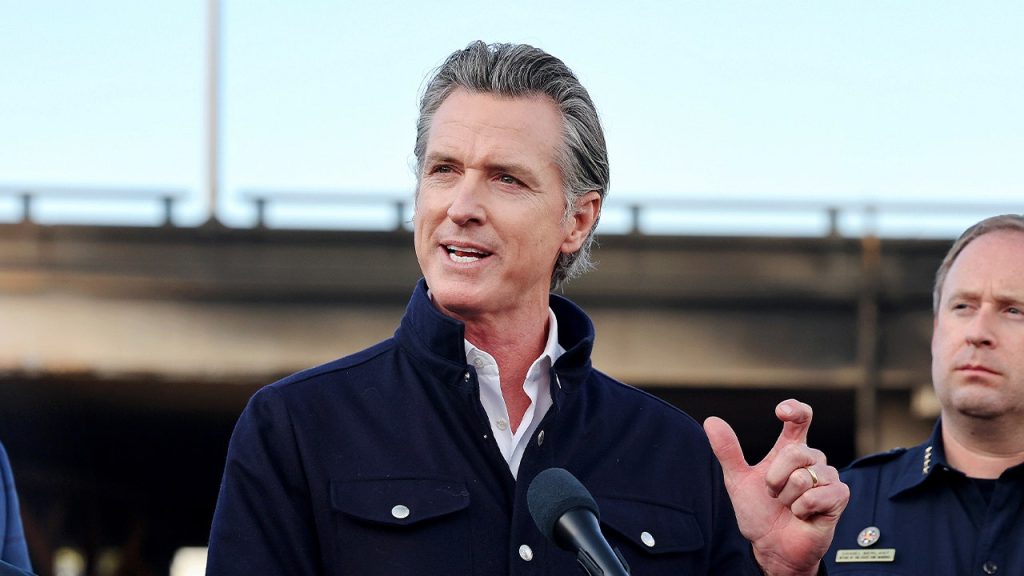California Governor Gavin Newsom’s Master Plan for Career Education signifies a paradigm shift in the state’s approach to employment, prioritizing skills and experience over traditional four-year college degrees. The plan aims to create a more inclusive and accessible job market by removing the degree requirement for a significant portion of state government jobs, initially targeting 30,000 positions and aiming to double that number in the near future. This initiative reflects a growing national trend, with states like Maryland, Virginia, Pennsylvania, and Minnesota already implementing similar policies. The underlying principle is to recognize the value of practical skills and experience, acknowledging that a college degree is not the sole pathway to a successful and fulfilling career. Newsom’s plan underscores the importance of providing Californians with multiple avenues to acquire marketable skills and achieve economic stability, regardless of their educational background. This approach aligns with the broader goal of building a more equitable and prosperous economy that supports all families.
A key component of the Master Plan is the development of “Career Passports.” These digital records will document individuals’ skills and abilities, offering a more comprehensive and nuanced representation of their qualifications than traditional resumes. This innovative approach aims to streamline the job application process and enable employers to identify candidates based on their practical capabilities rather than solely on academic credentials. Furthermore, the plan seeks to recognize the valuable experience gained by veterans, allowing them to earn college credit for their military service, thereby facilitating their transition into civilian careers. This provision not only acknowledges the skills and training acquired in the military but also provides a pathway for veterans to further their education if they choose.
The impetus for this shift away from degree requirements stems from several factors, including the escalating cost of higher education and the increasing recognition that practical skills are often more valuable in the workplace than theoretical knowledge. The growing trend of for-profit colleges, often criticized for high tuition fees and low graduation rates, has also contributed to this reevaluation of the traditional educational pathway. Newsom’s plan seeks to address these concerns by providing alternative pathways to career success, emphasizing skills-based training and apprenticeship programs. This approach aims to create a more diversified workforce that meets the evolving needs of the 21st-century economy.
The move towards skills-based hiring has garnered support from unexpected quarters, including business leaders like Tesla CEO Elon Musk. Musk has publicly questioned the overemphasis on college degrees, arguing that practical skills, particularly in trades like electrical work, plumbing, and carpentry, are often more valuable than theoretical knowledge acquired in certain academic disciplines. This perspective resonates with the growing recognition that many industries face shortages of skilled workers, while simultaneously, many college graduates struggle to find employment in their chosen fields. Newsom’s plan addresses this imbalance by promoting vocational training and apprenticeships, equipping individuals with the skills required for in-demand jobs.
The bipartisan support for eliminating degree requirements for state jobs signifies a broader shift in the political landscape. Maryland, under Republican Governor Larry Hogan, pioneered this approach, and Pennsylvania’s Democratic Governor Josh Shapiro has followed suit, demonstrating that this is not a partisan issue but a pragmatic response to the changing economic realities. The 2024 GOP platform framework further underscores this trend, advocating for more affordable alternatives to traditional four-year college degrees. This bipartisan consensus reflects a shared understanding that a more flexible and inclusive approach to education and employment is essential for economic growth and social mobility.
Newsom’s Master Plan for Career Education is a bold initiative that seeks to reshape California’s workforce development landscape. By removing the barrier of a college degree requirement for a significant number of state jobs, the plan aims to create more opportunities for individuals from diverse backgrounds to access fulfilling and well-paying careers. The emphasis on skills-based hiring, facilitated by the innovative “Career Passport” system, promotes a more equitable and efficient matching of talent with job opportunities. Furthermore, the plan recognizes the valuable experience gained by veterans, providing them with a pathway to civilian careers. By embracing a more inclusive and pragmatic approach to education and employment, California is positioning itself at the forefront of a national movement that seeks to create a more dynamic and prosperous economy for all. This initiative has the potential to serve as a model for other states grappling with the challenges of workforce development in the 21st century.

